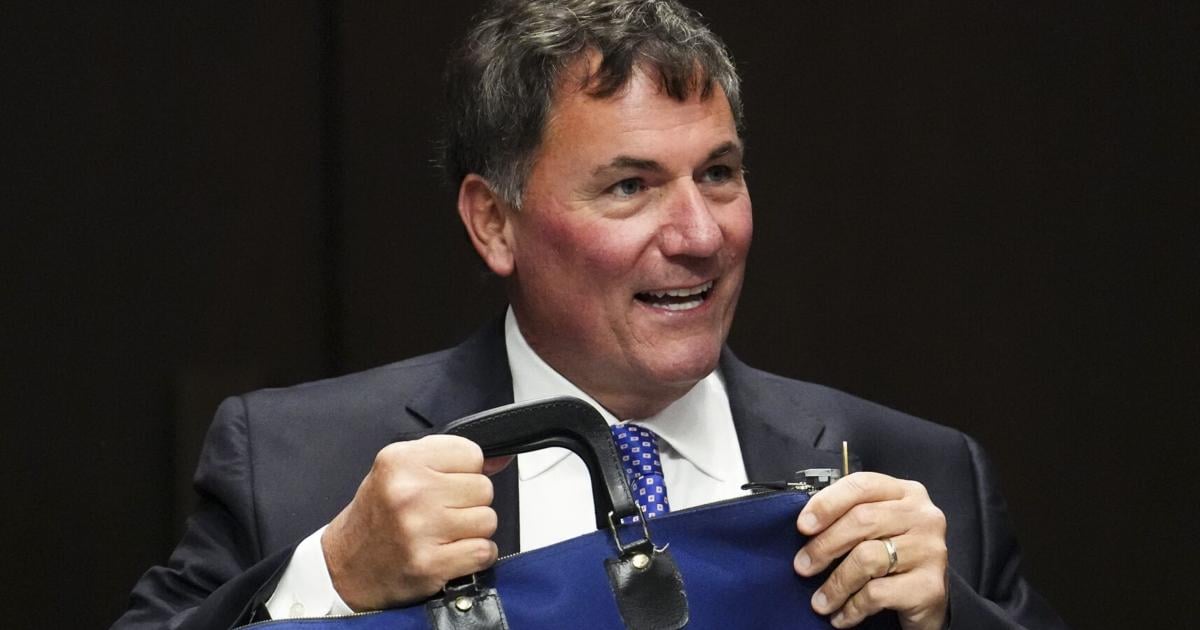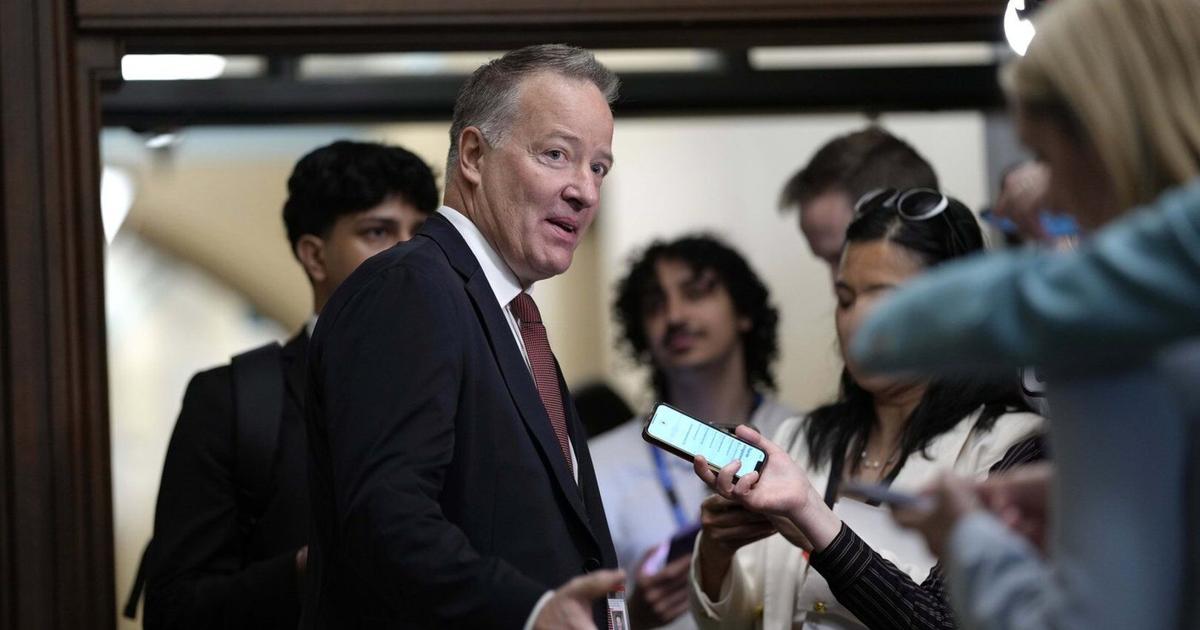OTTAWA — Canada is making “progress” in talks to reach a breakthrough on tariffs imposed by U.S. President Donald Trump, according to Prime Minister Mark Carney’s point man in the trade war.
Dominic LeBlanc, the minister responsible for Canada-U.S. Trade, told a Senate committee Thursday that the focus of talks between him, Ambassador Kirsten Hillman and their U.S. counterparts right now is on sector-specific tariffs that Trump has applied, citing national security concerns, on foreign-made automobiles, steel and aluminum which have hit Canadian producers hard. Meanwhile the Canadian and U.S. governments are consulting more broadly ahead of next year’s scheduled review of the Canada-United States-Mexico Agreement.
LeBlanc hinted that things are going well, all while offering no details.
“We’re taking the time necessary to secure what, in our judgment, might be a good deal for the Canadian economy. We’re making progress. We’re not there yet,” he told senators.
Asked what specifically he meant by “progress,” LeBlanc later told the Star he is having “continued detailed conversations that are more detailed conversations than previous ones,” but he declined to clarify further after appearing at an afternoon Commons committee.
However, in the eyes of representatives of Canadian aluminum and steel producers, it’s hard to see any progress as the details are closely guarded secrets.
Catherine Cobden, head of the Canadian Steel Producers Association, said the dispute “is being managed government to government” with little participation by the industry, “so I do think getting the read from Dominic LeBlanc is important.”
But she said, “the most important thing for us is that there is retaliation reinstated.”
Canada largely dropped or watered down many of its counter-tariffs since first retaliating last winter against Trump’s punitive levies on imports. In the case of steel, the industry would like Carney to reinstate measures against American steel imports — if not to the 50 per cent tariffs Trump has imposed, then at least back to the previous 25 per cent counter-tariffs Canada had adopted before issuing certain exemptions in the spring.
For now, Cobden said, the industry is putting most of its efforts into making sure Canada’s domestic steel market isn’t flooded by cheap steel imports from China and other countries, who are also trying to find buyers for their steel in light of American tariffs.
Cobden said Canadian steelmakers are “really pivoting to what we can control, given that for steel in particular, (Trump’s) section 232 tariff has been in place since March and there’s been no progress.”
“It’s a long haul,” said Jean Simard, head of the Aluminum Association of Canada. “There seems to be more and better understanding of the real issues related to reaching the goals of the (U.S.) administration, a required step towards eventually getting to a negotiated outcome. But we are not there yet.”
In fact, despite months of talks between LeBlanc and Trump’s officials, and Carney’s ongoing texts and calls with the U.S. president — he spoke to Trump as recently as last week in New York City — Trump has still levied even more punitive tariffs on softwood, hardwood and finished lumber products such as furniture and cabinets. Those affect Canadian producers who were already reeling under increased countervailing duties imposed last fall. Trump has further threatened to penalize foreign-made brand pharmaceuticals at 100 per cent and foreign films, but he has not yet signed executive orders to execute those threats.
Carney declined Thursday to answer a Star question about whether he will retaliate or respond to the latest round of tariffs.
LeBlanc also sidestepped that question. He stated categorically to both parliamentary committees Thursday that Canada will not renegotiate the tariff-quota rates under CUSMA that apply to “supply-managed” agriculture sectors like the dairy industry. He told MPs that the government felt counter-tariffs were not helping to advance the negotiation. Meanwhile, he said he thinks that senior Republicans, border state governors and politicians and American business leaders and sectoral groups are privately telling the American administration that the current tariff pressures are not “in their own economic interests.”
Conservative international trade critic Adam Chambers told LeBlanc the opposition wants him to succeed in resolving the trade dispute and offered whatever support his party could to those efforts.
At the same time, Chambers chastised the Carney government for offering concessions to the Trump administration — dropping the digital services tax, dropping retaliatory counter-tariffs, dropping softwood lumber complaints against the U.S. — in return for nothing.
“If there has been a change in strategy about ‘elbows down’ I think Canadians deserve a better explanation than we’ve gotten, given it was the sole narrative of the Liberal campaign,” Chambers told the Star. “Maybe they have made all reasonable decisions in terms of all the concessions but there is no way to transparently judge that with the information we currently have.”
Error! Sorry, there was an error processing your request.
There was a problem with the recaptcha. Please try again.
You may unsubscribe at any time. By signing up, you agree to our terms of use and privacy policy. This site is protected by reCAPTCHA and the Google privacy policy and terms of service apply.
Want more of the latest from us? Sign up for more at our newsletter page.



